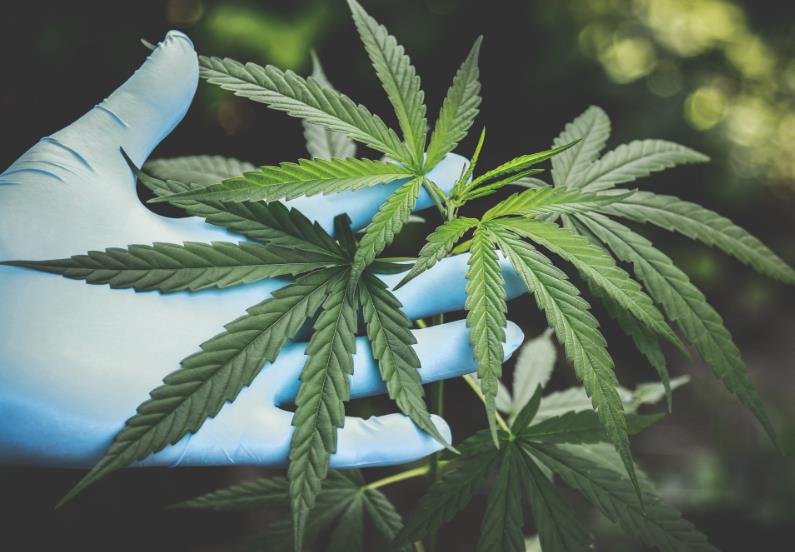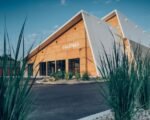A small village in the Dordogne region of France is facing a controversy over a proposed project to build a medical cannabis farm and factory on its land. The project, which is led by a French company called Cannamed, aims to produce cannabis-based medicines for the French and European markets, under a trial scheme to legalise cannabis for medical use in France.
The project plans to use a plot of 6.2 hectares of land, located 70 meters away from a protected natural area, known as a Zone Natura 2000. The project involves building two greenhouses, covering 2.2 hectares of land, to grow cannabis plants hydroponically, as well as a laboratory, a workshop, a drying room, and a storage room. The project hopes to obtain one of the 10 licenses to produce medical cannabis in France, and to create 15 to 20 jobs in the area.

The Village Opposition
However, the project has met with strong opposition from some of the residents of the village, called Petit-Bersac, which has a population of about 200 people. The opponents of the project have formed an association, called Sauvegarde de la Vallée de la Dronne, to voice their concerns and objections. They have also launched a petition, which has gathered about 650 signatures, and filed a legal action against the commune and the company.
The opponents of the project have several arguments against it, such as:
- The ecological impact: The opponents claim that the project will harm the environment and the biodiversity of the area, especially the Zone Natura 2000, which is home to many rare and endangered species of plants and animals. They also fear that the project will use too much water and electricity, and generate pollution and waste.
- The legal and ethical issues: The opponents argue that the project is illegal and unethical, as it involves growing and producing cannabis, which is still prohibited in France for recreational use. They also question the legitimacy and transparency of the project, and the involvement of the local authorities and the company.
- The social and economic consequences: The opponents worry that the project will have negative effects on the social and economic fabric of the village and the region. They fear that the project will attract crime and violence, and damage the reputation and the image of the area. They also doubt that the project will create any real benefits or opportunities for the local people.
The Project Supporters
On the other hand, the project also has some supporters in the village and the region, who see it as a positive and innovative initiative. The supporters of the project have several arguments in favor of it, such as:
- The medical and scientific benefits: The supporters claim that the project will contribute to the medical and scientific advancement of cannabis-based therapies, which can help treat many diseases and conditions, such as chronic pain, epilepsy, multiple sclerosis, and cancer. They also point out that the project will follow the strict regulations and standards of the French and European authorities, and that the products will be safe and controlled.
- The economic and social opportunities: The supporters argue that the project will create economic and social opportunities for the village and the region, which are in need of development and diversification. They say that the project will generate jobs and income, and boost the local economy and tourism. They also believe that the project will enhance the social and cultural diversity and dynamism of the area.
The project supporters also accuse the opponents of being misinformed and prejudiced, and of spreading fear and misinformation. They say that the opponents are motivated by personal interests and ideologies, and that they are not representative of the majority of the villagers.
The project proposal for a medical cannabis farm and factory in Petit-Bersac has divided the village and the region, and sparked a heated debate. The project is still awaiting the approval of the French authorities, and the outcome of the legal action. The project is expected to start in 2024, if it gets the green light.
Maria Garcia is an award-winning author who excels in creating engaging cannabis-centric articles that captivate audiences. Her versatile writing style allows her to cover a wide range of topics within the cannabis space, from advocacy and social justice to product reviews and lifestyle features. Maria’s dedication to promoting education and awareness about cannabis shines through in her thoughtfully curated content that resonates with both seasoned enthusiasts and newcomers alike.








